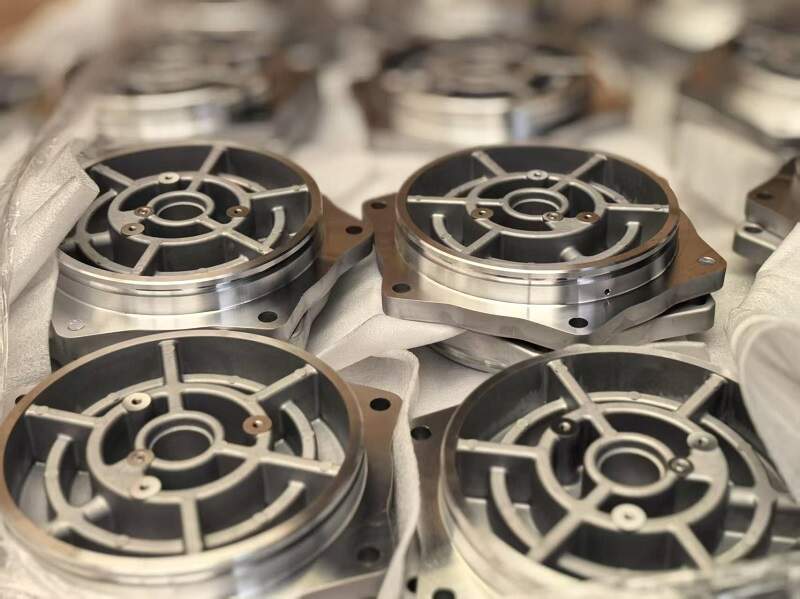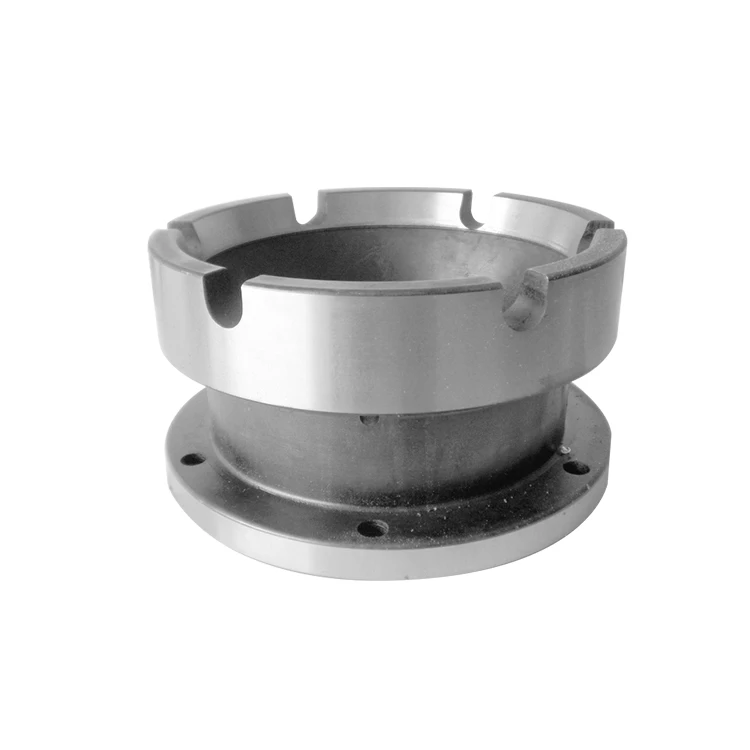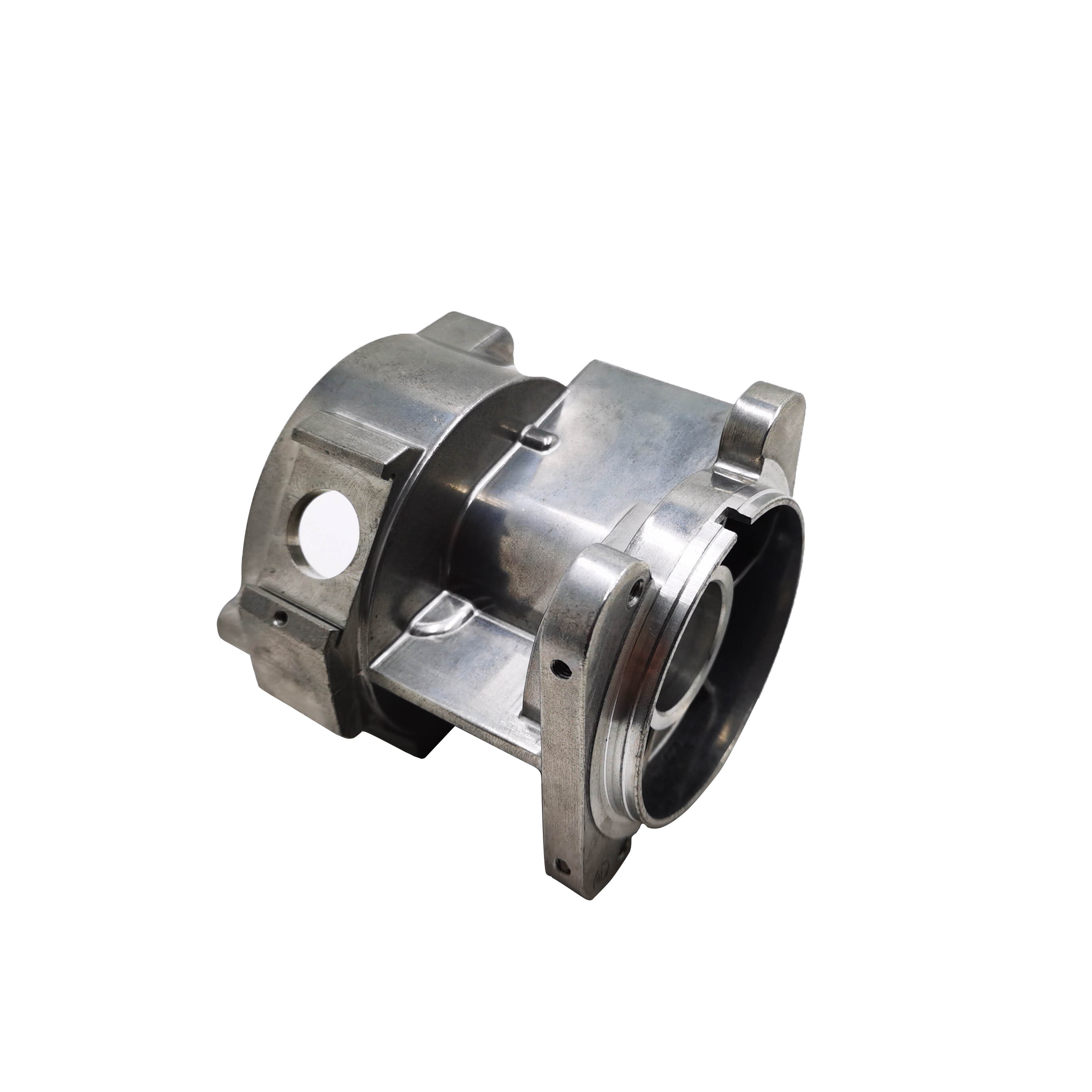Understanding how an Aluminum Foundry maintains quality standards
The Duty of Light Weight Aluminum Foundries in Advancing Lightweight Manufacturing Solutions
Aluminum foundries considerably add to the evolution of lightweight production remedies. Their cutting-edge casting modern technologies produce high-strength, lightweight parts important for sectors like auto and aerospace. This improvement not only boosts item performance however additionally advertises sustainability with the usage of recycled materials. As these shops adapt to arising practices and innovations, they pave the method for future growths in manufacturing effectiveness and ecological obligation. What exists ahead in this transformative journey?
The Advantages of Lightweight Products in Manufacturing
As sectors significantly look for performance and sustainability, the adoption of light-weight products in manufacturing has actually emerged as a vital method - Aluminum Foundry. These products, specifically light weight aluminum and composites, use various benefits that enhance manufacturing procedures and product efficiency. Largely, their reduced weight contributes to decrease power intake throughout transportation and operation, leading to substantial expense financial savings
Moreover, light-weight products help with the layout of more complex geometries, enabling for better innovation in item development. This versatility commonly leads to boosted functionality and efficiency, accommodating the evolving needs of modern-day customers.
Furthermore, the use of lightweight materials can enhance the long life of products due to their resistance to deterioration and exhaustion. This sturdiness not just reduces maintenance costs yet likewise sustains sustainability initiatives, as longer-lasting products add to less waste. To summarize, the advantages of light-weight products are essential in driving effectiveness, technology, and environmental duty in manufacturing.
Advancements in Light Weight Aluminum Spreading Technologies
Recent advancements in light weight aluminum casting innovations are transforming the manufacturing landscape, specifically in the production of lightweight elements. Advancements such as high-pressure die casting and vacuum die casting have considerably enhanced the precision and surface finish of aluminum parts - Aluminum Casting Company. These techniques permit the production of intricate geometries while lessening product waste and enhancing mechanical buildings

Furthermore, the execution of real-time surveillance systems guarantees top quality control throughout the spreading process, bring about more regular product outcomes. Collectively, these advancements not only improve the efficiency of aluminum components but likewise support the market's shift towards more lasting production practices.
Applications of Aluminum Components in Numerous Industries
While light weight aluminum parts have long been made use of in different markets, their versatility and light-weight residential properties remain to drive cutting-edge applications across sectors such as auto, aerospace, and building and construction. In the auto market, light weight aluminum is progressively used for engine blocks, wheels, and body panels, boosting fuel efficiency and efficiency. Aerospace manufacturers utilize light weight aluminum for aircraft frameworks and components, taking advantage of its strength-to-weight proportion to improve gas economy and haul ability.
In the construction sector, aluminum is preferred for window frames, roof covering, and architectural elements, supplying longevity and resistance to corrosion while lowering overall structure weight. In addition, the electric and electronics industries profit from light weight aluminum's conductivity and lightweight nature, utilizing it in circuitry, enclosures, and warm sinks. These diverse applications highlight the critical duty of aluminum elements, which not only meet market demands yet likewise add to advancements in product style and capability across several fields.
Sustainability and Energy Performance in Light Weight Aluminum Foundries
The aluminum foundry industry plays an essential role in advertising sustainability and energy performance, specifically as need for light-weight elements remains to expand across various sectors. Factories are increasingly adopting eco-friendly methods, such as making use of recycled aluminum, which substantially decreases energy consumption and greenhouse gas discharges compared to key aluminum manufacturing.
Improvements in casting modern technologies improve energy efficiency by enhancing the melting procedures and reducing waste. Techniques like die spreading and investment casting enable for precise material usage, her latest blog minimizing excess and scrap.
In addition, lots of factories are buying eco-friendly energy resources to power her latest blog procedures, further reducing their carbon footprint. Executing energy monitoring systems makes it possible for factories to enhance and monitor power use, ensuring they operate at peak performance.

Future Patterns in Lightweight Manufacturing Solutions
How will emerging innovations form the future of light-weight production options? Innovations such as advanced materials, automation, and additive production are readied to redefine manufacturing procedures. The assimilation of clever manufacturing technologies, consisting of the Internet of Things (IoT) and artificial intelligence (AI), will certainly make it possible for real-time tracking and optimization, boosting effectiveness and decreasing waste.

As sustainability continues to be a critical problem, light-weight solutions will progressively concentrate on recycling and recycling materials, straightening with round economic situation principles. This evolution in light-weight manufacturing will certainly not only enhance item efficiency however additionally contribute to ecological goals, making certain that the market remains competitive in a rapidly changing market landscape.
Frequently Asked Questions
Exactly How Do Light Weight Aluminum Foundries Make Certain Quality Assurance in Production?
Light weight aluminum foundries assure quality assurance in manufacturing via strenuous testing, standardized procedures, and constant monitoring - Aluminum Foundry. They apply sophisticated innovations and proficient employees to maintain uniformity, lower issues, and fulfill sector requirements throughout the address production process
What Are the Key Tests Faced by Aluminum Foundries?
Aluminum shops face obstacles such as fluctuating resources expenses, keeping production performance, guaranteeing regular high quality, adapting to technical advancements, and meeting ecological policies, every one of which influence their total functional performance and competition in the market.
Exactly How Does Light Weight Aluminum Recycling Influence Foundry Operations?
Aluminum recycling significantly enhances factory operations by decreasing resources costs, lessening energy usage, and lowering environmental impact. This lasting practice enables shops to improve performance while satisfying enhancing demand for light-weight, high-performance light weight aluminum products.
What Abilities Are Required for Employees in Light Weight Aluminum Foundries?
Workers in aluminum factories require skills in metallurgy, machining, quality assurance, and safety techniques. Proficiency in running machinery, comprehending alloy residential properties, and analytical are additionally crucial for reliable manufacturing and keeping high safety and security requirements.
Just How Do Aluminum Foundries Take Care Of Waste Management?
Light weight aluminum factories manage waste via reusing scrap steel, using effective waste partition strategies, and adhering to environmental regulations. They carry out lasting techniques to lessen garbage dump contributions, making sure that harmful materials are gotten rid of sensibly.
Aluminum shops greatly add to the advancement of lightweight manufacturing solutions. Recent innovations in aluminum spreading innovations are reinventing the manufacturing landscape, specifically in the manufacturing of light-weight components. While aluminum parts have long been made use of in numerous sectors, their versatility and lightweight residential or commercial properties continue to drive innovative applications across fields such as auto, aerospace, and building and construction. In addition, the electrical and electronic devices industries benefit from aluminum's conductivity and lightweight nature, using it in circuitry, rooms, and warm sinks. The aluminum foundry market plays an essential function in promoting sustainability and energy performance, specifically as demand for lightweight components proceeds to expand throughout different markets.